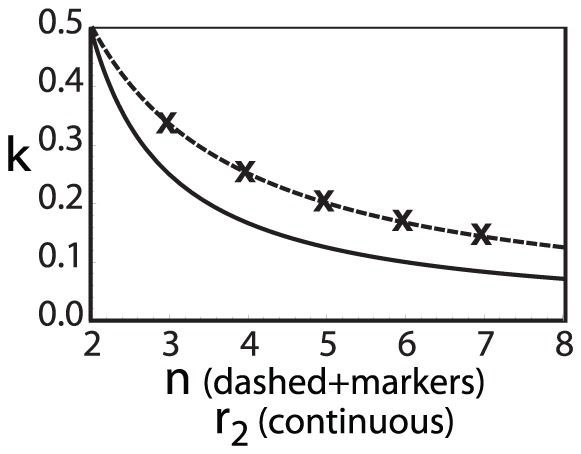The Psychology Of Spite: Why Humans Sacrifice Self-Interests To Punish Others

The seemingly paradoxical drive to punish others even at a cost to the self — spite — has long perplexed philosophers and scientists studying the human mind.
As the darker side of altruism, spite compels the human animal to punish others for the collective good, spending resources to enforce social norms and standards of fairness on an aggregate level. In the latest research on the subject, however, a philosopher from Northwestern University and a scientist from Tufts find that spite may change and evolve with varying life situations.
Rory Smead (philosopher) and Patrick Forber (scientist) tweaked an old laboratory game used by researchers to study social behaviors through simplified models. In the “ultimatum game,” players are left to divide resources in a series of interactions, with the first player making an offer to the second, who may either accept or reject — with both players getting nothing in the absence of a deal.

Though the game sounds logical enough, Smead and Forber found the model didn’t quite work mathematically. In most cases, the second player simply accepted any offer from his deal-making counterpart, a divergence from observations taken from real life, the researchers said.
"Evolutionary models don't match what we're observing in real life," Smead said in a statement, describing how the pair decided to tweak the game by adding just a little nuance.
Back in the lab, the researchers infused the game with something they called “negative assortment.” Under these more realistic conditions in the game, spite gained a new utility for players and resulted in greater cash winnings, despite the self-sacrifices. "Acting fairly protects you from spite," Smead said, explaining that winning players — in the new game — triumphed by making fair offers and rejecting deals seen as unfair.
A similar look at underside of altruism came in November from Swiss researchers who found that laboratory game-players seek to punish offenders for perpetuating unequal distributions of wealth. “Although the emergence of pro-social behavior in settings which are subject to material self-interest seems to contradict rational choice theory and the principle of the survival of the fittest, it is possible to show that cooperation and altruistic punishment can emerge and can be sustained in competitive, resource-limited environment,” the Swiss investigators wrote.
Though some may deride the politics of “class warfare,” both experiments showed a human animal strongly averse to unequal distributions of wealth through "unfair" means.
Sources:
Smead R, Forber P. The Evolution Of Fairness Through Spite. Proceedings of the Royal Society B. 2014.
Hetzer M, Sornette D. An Evolutionary Model Of Cooperation, Fairness And Altruistic Punishment In Public Good Games. PLoS ONE. 2013.



























